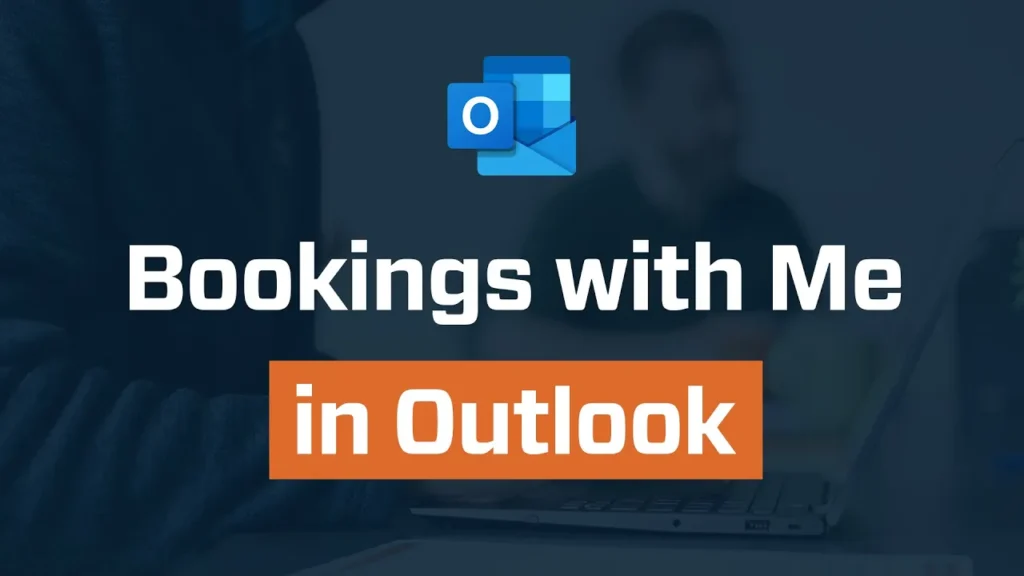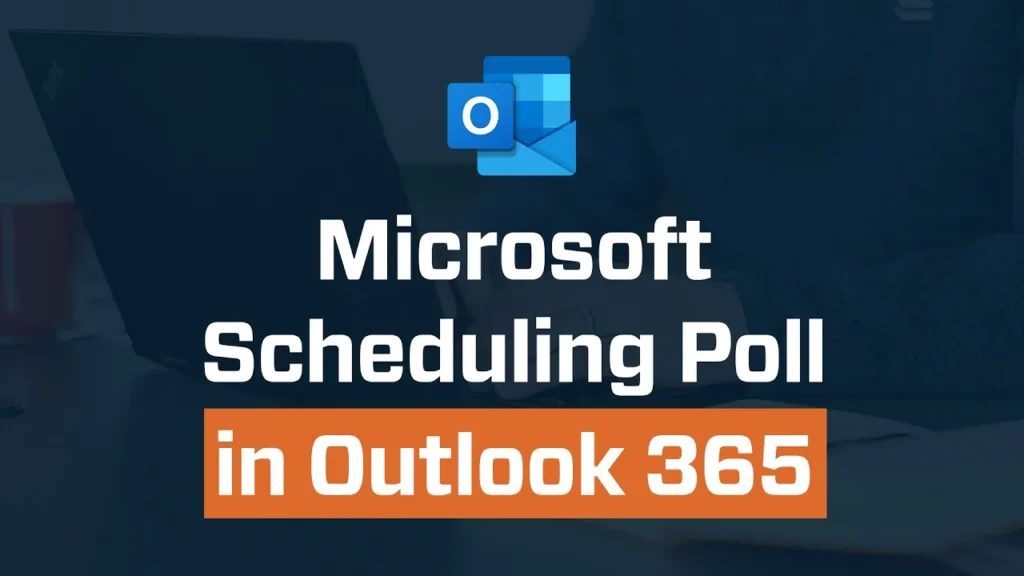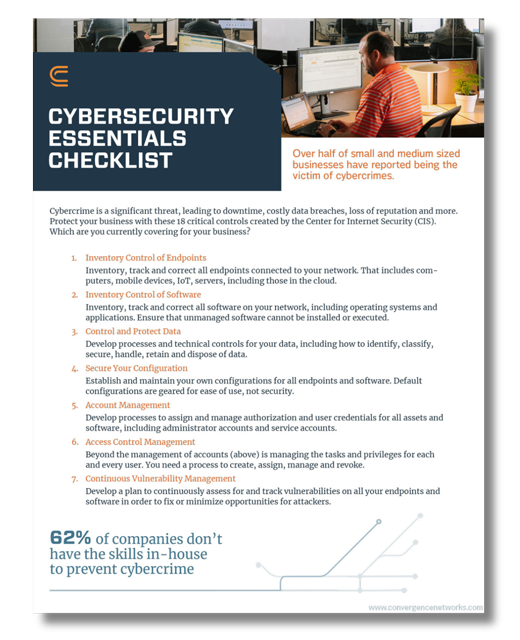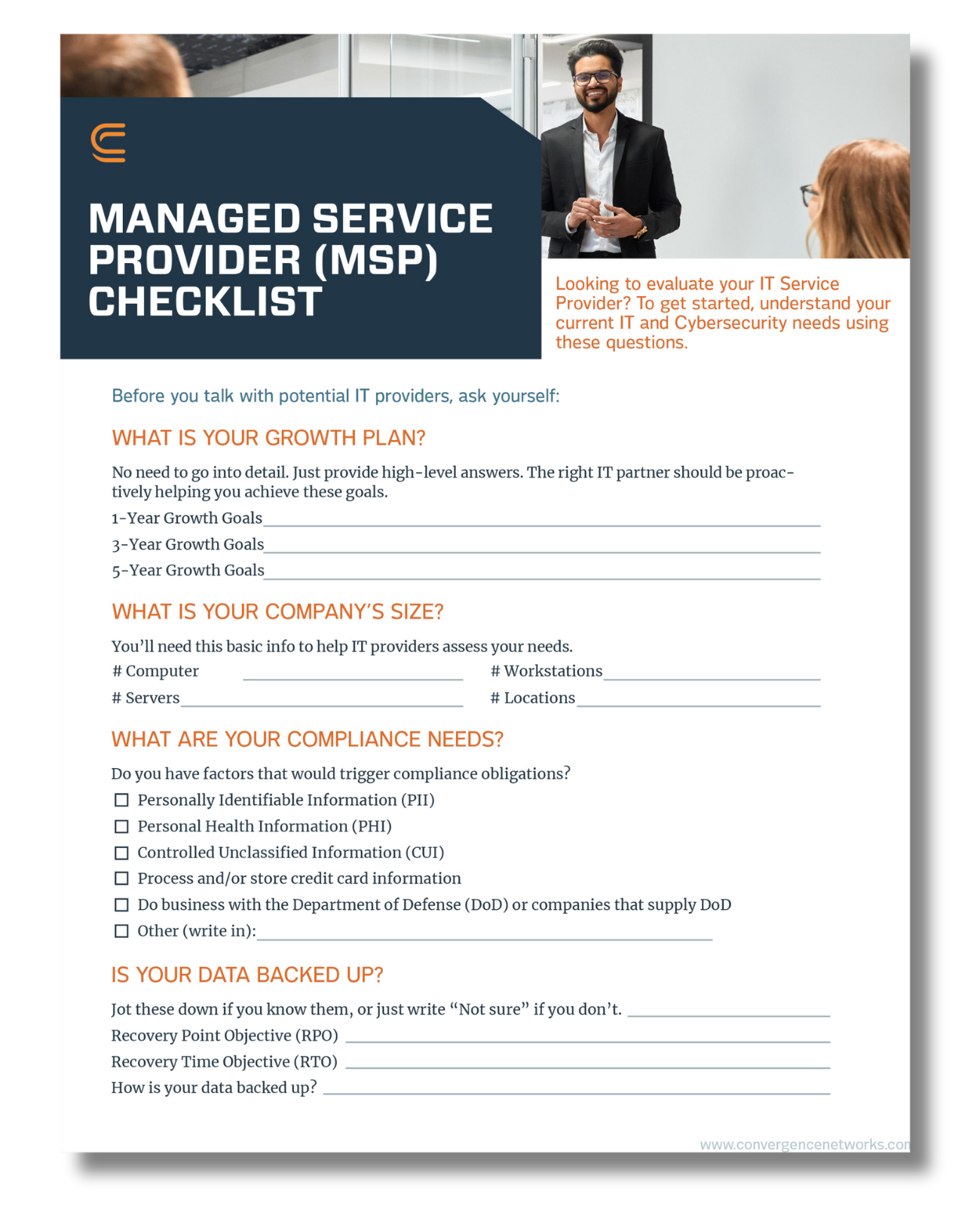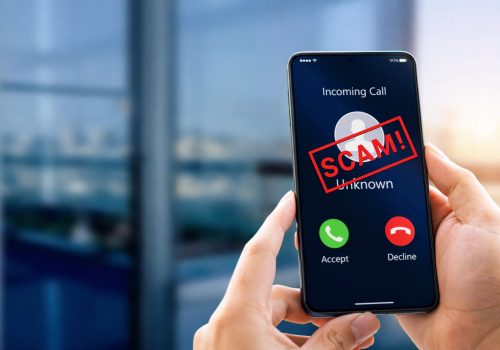As predicted, Business Email Compromises (BEC) and social engineering continue to be a major threat both individuals and organizations face, highlighting the importance of email security.
Email is one of the most widely used communication tools in the modern world, both for personal and professional purposes. However, it is also one of the most vulnerable channels for cyberattacks, as hackers can exploit its inherent weaknesses to steal sensitive data, spread malware, or impersonate trusted contacts. Cybercriminals can use email to steal data, infect computers, or pretend to be someone else.
These attacks are called Business Email Compromises (BEC) or social engineering. They are very dangerous and happen more often than we want to believe. In fact – according to a report by Mimecast, 75% of companies have experienced an increase in email-based threat attacks in 2023.
BEC Scams are Becoming Increasingly More Sophisticated with New Tactics
To stay ahead of the curve, attackers have changed their tactics. While they once were known to impersonate executives and demand action — such as paying a fake invoice, changing payments to a bank account owned by the attacker, or providing gift cards – Now, the message asks the targeted employee to contact a supposed employee of another company, making the victim think it is real.
IT World Canada recently reported that attackers are creating more complex email sequences to trick users into giving their information. Here is an example of a two-part email sequence that they use:
Email 1: The “executive” tells the target employee that a financial company’s representative wants payment for an overdue invoice. The employee has to wait for an email from that person. This email often uses the real name of that person.
Email 2: The “supposed contractor/partner” sends an email that repeats the request for payment.
The truth is, BEC attacks and social engineering will not stop any time soon, and they will continue to get more sophisticated. As a business leader, you need to pay attention to email security for your organization. Email security is not just about keeping your information safe, but also about protecting your reputation, following the rules, and avoiding losing money.
The Benefits of Email Security for Your Business
Email security is not just a technical issue, but a strategic one. By investing in email security, you can enjoy the following benefits for your business:
- Reduce the risk of data breaches: Email is often the entry point for hackers to access your network and systems, where they can steal or damage your valuable data. Data breaches can have serious consequences for your business, such as legal liabilities, regulatory fines, reputational damage, and loss of customer trust. By securing your email, you can prevent unauthorized access to your data and minimize the impact of potential breaches.
- Improve productivity and efficiency: Email is a key tool for collaboration and communication; however, email can also be a source of distraction and frustration if it is flooded with spam, phishing, or malware. These unwanted messages can waste your time and resources. By securing your email, you can filter out the noise and focus on the relevant and legitimate emails.
- Enhance compliance: Email security is not only a matter of best practice, but also of legal obligation. Depending on your industry and location, you may be subject to various regulations and standards that require you to protect the privacy and security of your email communications. By securing your email, you can demonstrate your compliance and avoid penalties or sanctions.
How to Secure Your Email
You may be wondering how to secure your email effectively and efficiently. There are many solutions available in the market, but not all of them are equally reliable or suitable for your needs. Here are a few options you can consider:
Microsoft Email Security
Microsoft offers a range of email protection options for businesses of all sizes and industries. Whether you use Outlook, Exchange Online, or Microsoft 365, you can benefit from Microsoft’s advanced features and capabilities to secure your email from spam, phishing, malware, ransomware, spoofing, and other threats. Some of these include:
- Exchange Online Protection: This is the basic layer of protection that comes with every Microsoft 365 subscription. It provides anti-spam and anti-malware filtering, as well as outbound filtering to prevent your users from sending malicious or sensitive content.
- Microsoft Defender: This is an optional add-on that provides additional protection against sophisticated attacks that Exchange Online Protection may not catch. It helps secure your email and Microsoft Teams with advanced protection against phishing, business email compromise, ransomware, and other threats.
While Microsoft’s email protection options are powerful and comprehensive, they are not perfect. They may still miss some threats or generate false positives that can compromise your security or productivity. Moreover, they may not cover all the scenarios or requirements that are specific to your business or industry.
Avanan Cloud Security
Avanan is a cloud-based email security platform that integrates seamlessly with Microsoft’s email services and enhances their protection with its own proprietary technology and intelligence. This email security solution leverages artificial intelligence, machine learning, and natural language processing to analyze the content, context, and behavior of every email and attachment, and detect and block any malicious or suspicious activity. Additional benefits with Avanan include:
- Stopping Business Email Compromise (BEC) Attacks: Avanan analyzes historical emails to determine prior trust relations between senders and receivers and uses this information to identify impersonation and fraudulent messages.
- Advanced Phishing Detection: This tool uses machine learning to analyze and detect threats that external email gateways cannot detect on their own.
- Identify Malicious Content: Avanan’s malware, sandboxing and AI analysis tools all work together to identify threats instantly, ultimately preventing zero-day malware and ransomware attacks.
- High Catch Rate: By training artificial intelligence on a robust set of data, Avanan is able to provide a superior detection rate compared to any other solution. In fact, with Avanan your team can reduce phishing entering your inbox by as much as 99.2%!
- Real time Reporting Notifications: Notifications of emails going into quarantine are delivered in real-time so you don’t have to wait to see what has been flagged in a standard report.
With Avanan every message and file are scanned to ensure threats are quarantined properly or not delivered at all. This process makes it nearly impossible for a compromised email to be delivered to your inbox, helping to reduce one of the most prominent cybersecurity risks in your business!
Ready to Get Started with Email Protection ?
Email security is one of the most important things you can do to stop a security breach. It is a critical communication tool for your business, and a major target for cyberattacks.
By implementing email security measures you significantly reduce the risk of data breaches, improve productivity, enhance compliance and reputation, and protect your business from cyber threats. Additional email security best practices include:
- developing a corporate email policy,
- implementing security awareness training,
- ensuring better password management, and
- implementing email encryption.
This is not a one-time task, but an ongoing process that requires constant vigilance and adaptation. That’s why you need a reliable and flexible email security partner that can help you secure your email from current and future threats.
If you want to learn more about what email security solution is best for your business, contact us. We can help you keep your inbox safe.







